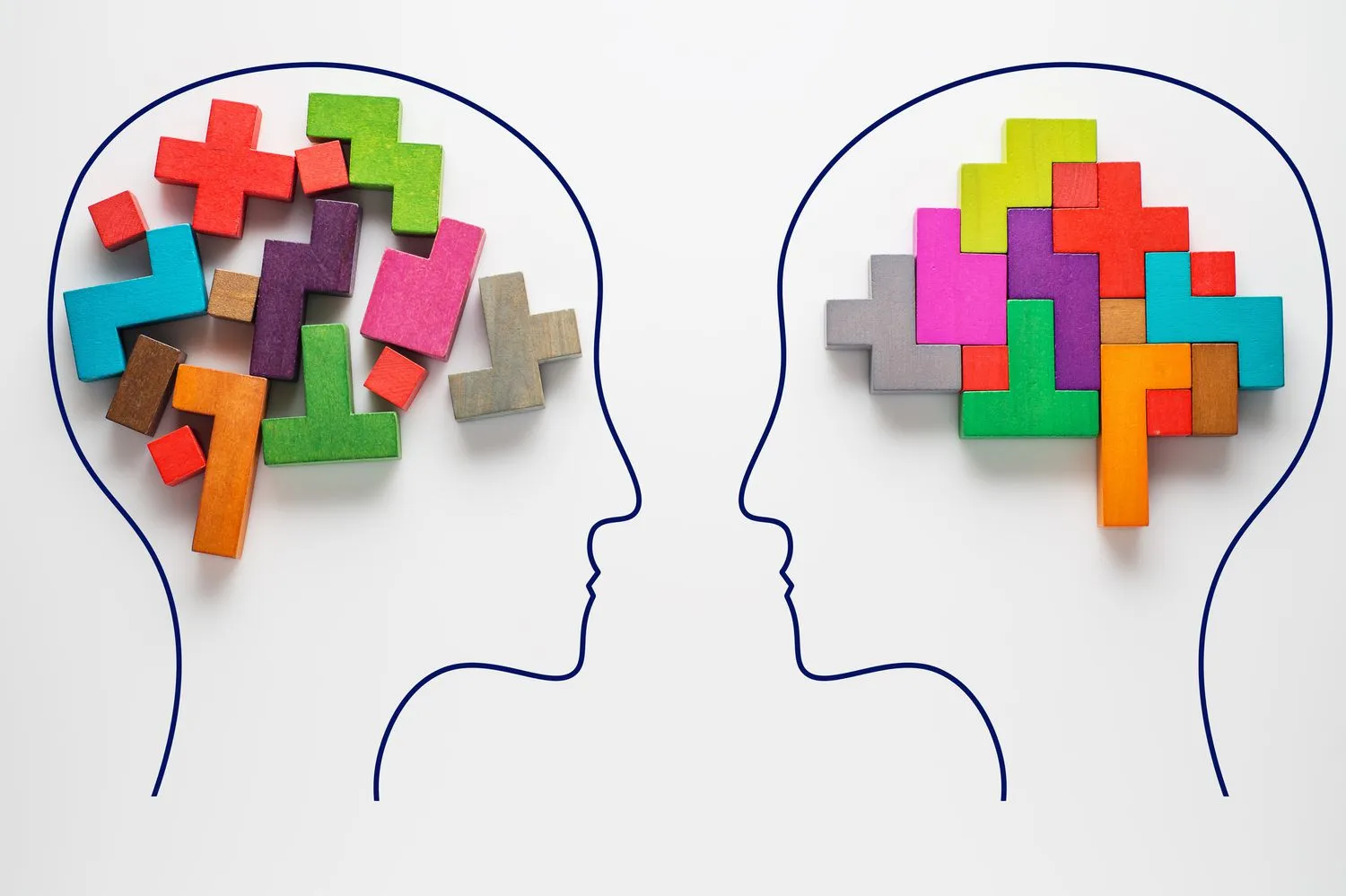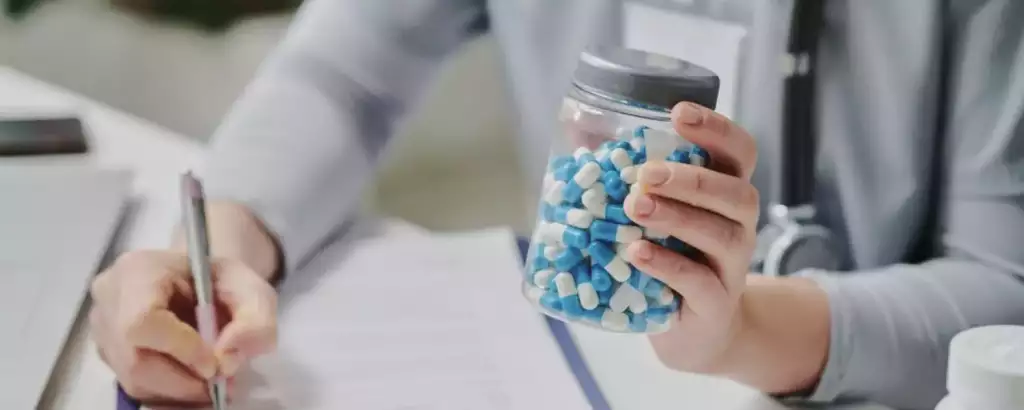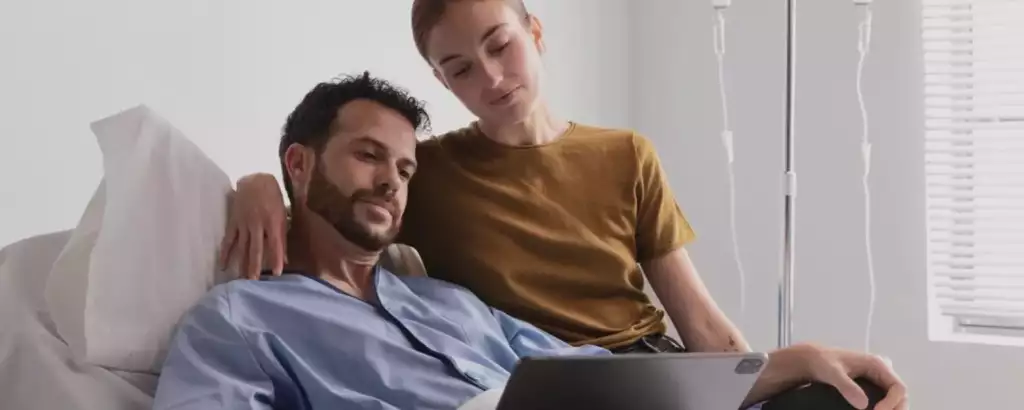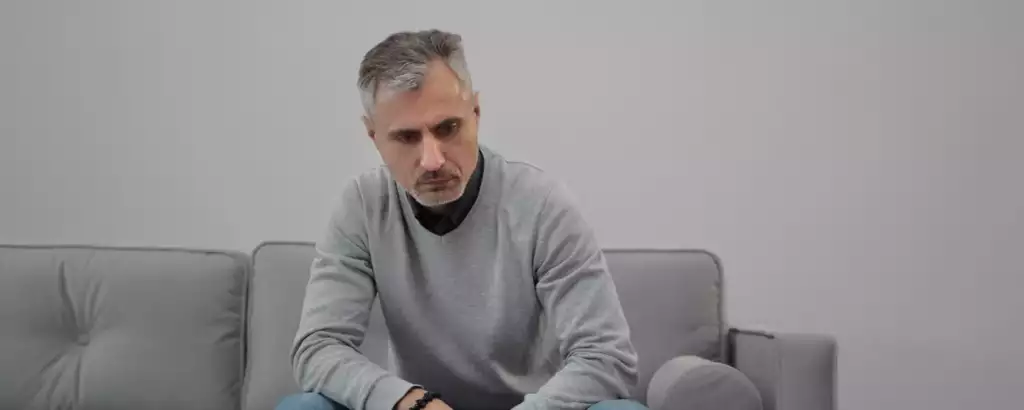Rational Emotive Behavioral Therapy (REBT) is one of the oldest forms of cognitive behavioral therapy, developed in 1952. Based on the idea that most situations are not inherently good or bad, and are only perceived as such because of the way we think about them, REBT helps you retrain how you think and behave to live a more fulfilling life free of substance abuse. This idea is derived from ancient philosophical traditions and was first developed into a form of therapy by Albert Ellis, who also helped to define Cognitive Behavioral Therapy (CBT) during the same decade.
By teaching addicts to ask questions and challenge their responses, to learn healthier responses, and to analyze where their thoughts and behavior patterns come from, REBT treats not just addiction but also many of the underlying emotional and social problems that lead a person to become addicted.
REBT in Drug Rehabilitation
REBT recognizes that addiction is caused by a range of factors including emotions, thinking, and behavior. It asks the patient to question how they think, act, and feel, examining the factors that underlie their addictive behavior.
- Cognition – REBT introduced the groundbreaking idea that many people think themselves into feeling bad, using drugs, or relapsing. “Just one more time” is a common example of a self-defeating thought for an addict. REBT teaches each patient to question these thoughts and approach them with logical responses that contradict any self-defeating patterns. Over time, and with consistent reinforcement, this kind of training teaches most people to think more positively and question their negative thoughts.
- Behavior – REBT helps users overcome bad habits by integrating a system of rewards and penalties, substituting negative behaviors with good ones, and teaching the patient to build self-control by delaying desired behavior. For example, the therapist may advise an alcoholic to remove all alcohol from the home, create a system of rewards to help them avoid alcohol, or to recall negative experiences before using alcohol. REBT also teaches behavioral approaches to cravings, such as suggesting that an alcoholic delay taking a drink for a suggested period of time rather than trying to abstain completely, which often serves the dual purpose of building self-control and allowing patients to wean themselves off of cravings at their own pace.
- Images – REBT uses visual imagery including Coping Imagery and Rational-Emotive Imagery, where the patient is asked to imagine their goals, why they want them, and how they feel achieving them. This is an effective motivating tool that develops the patient’s confidence that they can achieve their goals.
REBT in Dual Diagnosis Addiction Treatment
While many forms of addiction treatment are designed to help dual diagnosis patients, REBT is commonly used and recommended by recovery groups such as SMART. Because REBT helps to eliminate negative or self-destructive behaviors and replace them with healthy coping techniques, it is often useful for treating individuals with depression, anxiety, and trauma that contributes to their addiction.
REBT functions on the premise that our behaviors and emotions are influenced by how we think, and that we can retrain how we think to improve both. It works to treat both addiction symptoms and the underlying causes beneath them.












